The prime ministers of Germany, France and Poland have held urgent consultations on continued European military support for Ukraine.
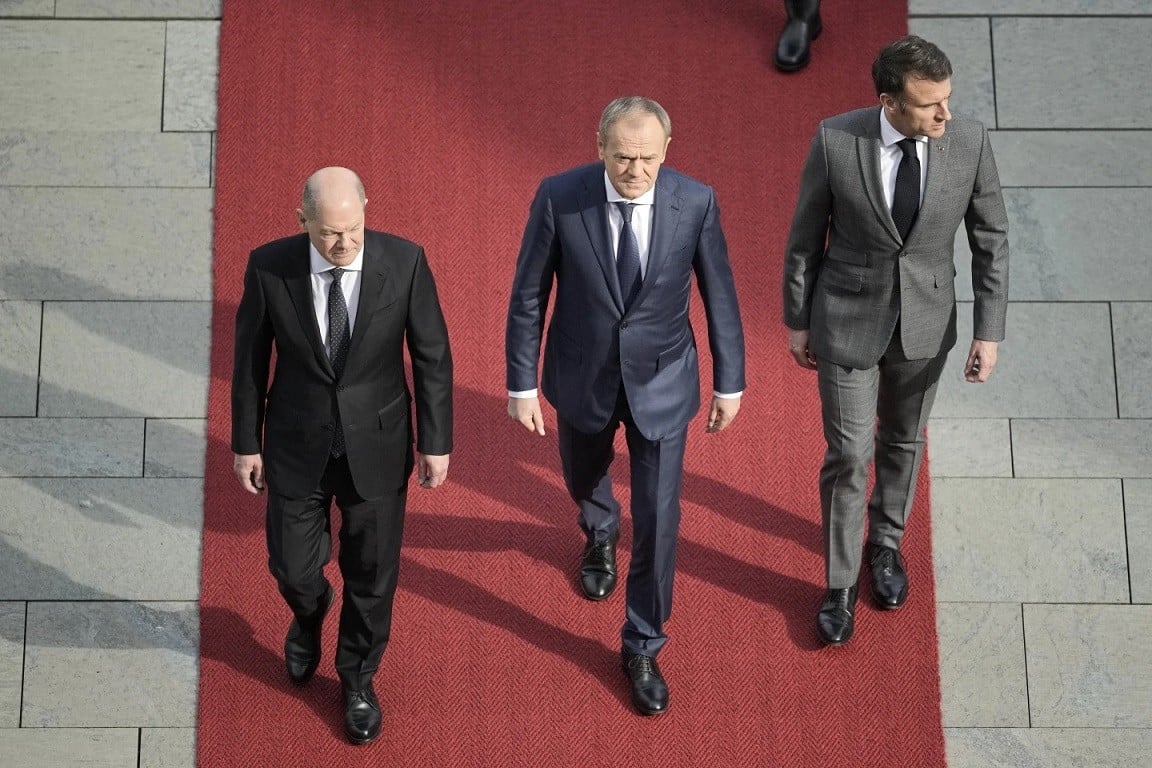 |
| From left: German Chancellor Olaf Scholz, Polish Prime Minister Donald Tusk and French President Emmanuel Macron arrive for a meeting on aid to Ukraine in Berlin, Germany, March 15. (Source: AP) |
On March 15, German Chancellor Olaf Scholz welcomed French President Emmanuel Macron in Berlin after tensions between the two leaders recently flared up due to differences in how to support Ukraine.
After a meeting to dispel the heavy atmosphere at the Chancellery, Mr. Scholz and Mr. Macron, along with Polish Prime Minister Donald Tusk, participated in urgent consultations on continued European military support for Kiev.
Mr Tusk said Paris, Berlin and Warsaw must “mobilise all of Europe” to provide new aid to Ukraine. However, disagreements between Mr Macron and Mr Scholz risk undermining cooperation between the two allies.
Ukraine is facing a series of battlefield setbacks in its efforts to push back Russian forces, as Kiev's army faces severe ammunition shortages while Western military aid has dried up.
The massive $60 billion US aid package remains blocked by right-wing Republicans in Congress , and President Joe Biden has admitted that a $300 million temporary boost announced earlier this week is “not nearly enough”.
In another development, according to a representative of the Ukrainian Prisoner of War Exchange Coordination Headquarters, the bodies of 100 Ukrainian soldiers who died have been returned to Kiev. Identification procedures are expected to be carried out soon, after which the bodies will be handed over to the victims' families.
Members of the International Committee of the Red Cross played a key role in the process of returning the bodies to Ukraine.
The Russian Ministry of Defense has not yet commented on this information.
Source





![[Photo] Prime Minister Pham Minh Chinh and Prime Minister of the Kingdom of Thailand Paetongtarn Shinawatra attend the Vietnam-Thailand Business Forum 2025](https://vphoto.vietnam.vn/thumb/1200x675/vietnam/resource/IMAGE/2025/5/16/1cdfce54d25c48a68ae6fb9204f2171a)


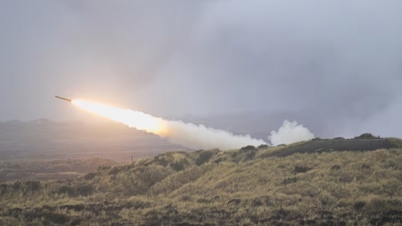

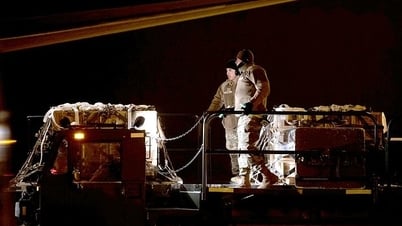

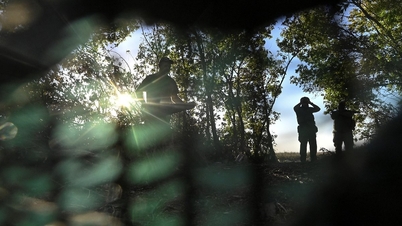
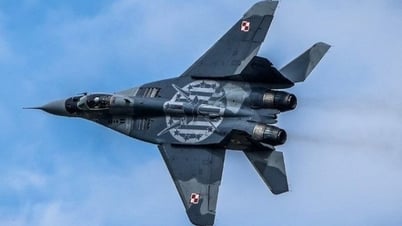
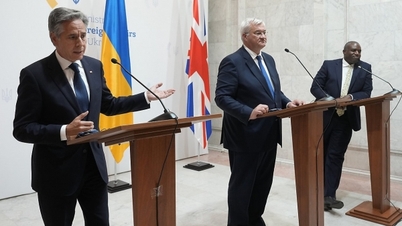
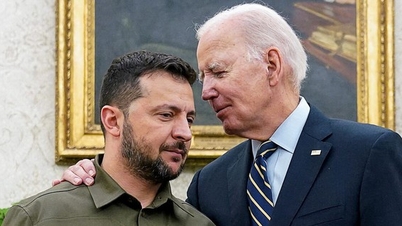




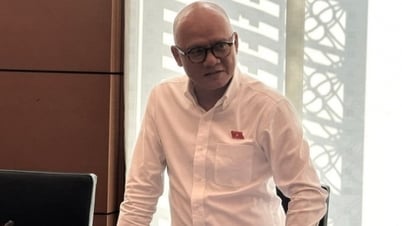

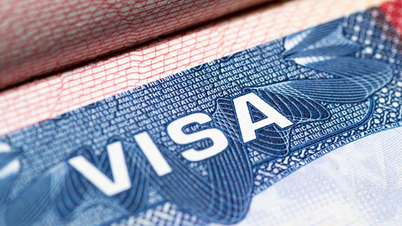






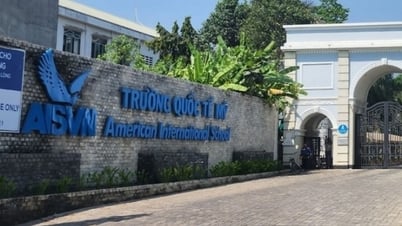
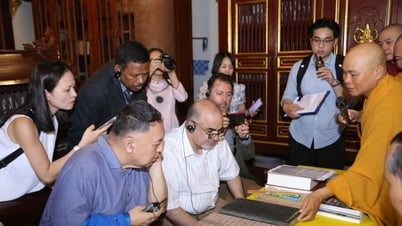
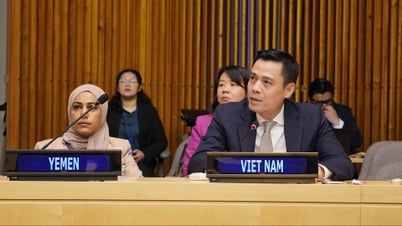
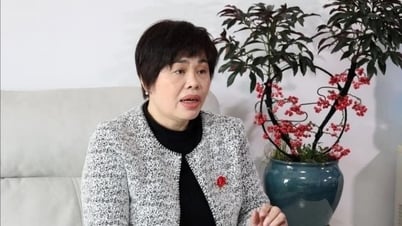

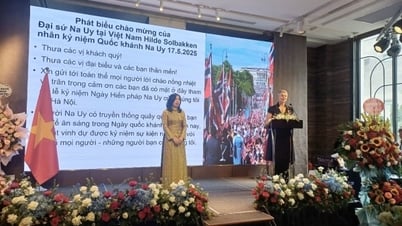
![[Photo] President Luong Cuong receives Prime Minister of the Kingdom of Thailand Paetongtarn Shinawatra](https://vphoto.vietnam.vn/thumb/1200x675/vietnam/resource/IMAGE/2025/5/16/52c73b27198a4e12bd6a903d1c218846)












































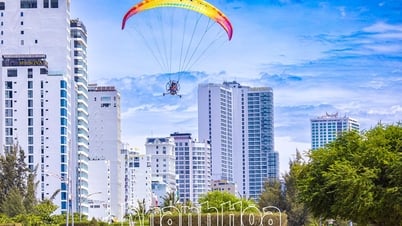





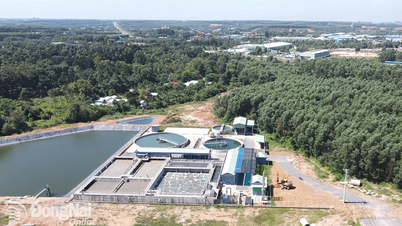











Comment (0)